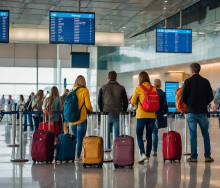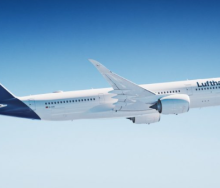New Zealand’s government has decided to interrupt at least eight cruise ships’ commercial sailing trying to enter the country’s waters this season.
Several of these ships had to change passengers’ itineraries at the last minute when the country hiked its rules around biofoul cruising. Biofoul is a term referring to ships that have not cleaned their hulls adequately, and which bring potentially damaging foreign organisms into a delicate marine system.
Biological fouling can be caused by invasive plants, algae and animals on submerged structures.
New Zealand had implemented its hull-cleaning rules in 2018, but for its first two years, authorities focused on education and helping ship operators, says Travel Weekly.
Paul Hallett, Environmental Health Manager at Biosecurity New Zealand, says: "We know that nearly 90% of marine pests arrive in New Zealand on the submerged surfaces of international vessels." These may include stowaways like mussels, oysters, foliose algae, hydroids, tunicates, sponges, crabs and starfish.
"We all want to make sure that these high standards are maintained now and in future. The fouling discovered during inspections is minor, but the requirements for cruise ships are very strict," says Kevin O'Sullivan, Chief Executive Director of the New Zealand Cruise Association.
Hallett says the eight ships turned around to cruisers’ frustration were the Queen Elizabeth, Azamara Quest, Coral Princess, the 930-passenger Viking Orion, Seven Seas Explorer, Silver Whisper, P&O Pacific Explorer, and Le Laperouse.
Long layups during the COVID-19 pandemic are a major cause for the biofouling of some cruise ships this season, Biosecurity New Zealand tells Seatrade Cruise News.
Silversea has confirmed that the Silver Whisper has since received approval to sail in New Zealand.
The Department of Agriculture, Forestry and Fisheries requires cruise ship operators to have hulls cleaned 30 days before arrival in Australia.














